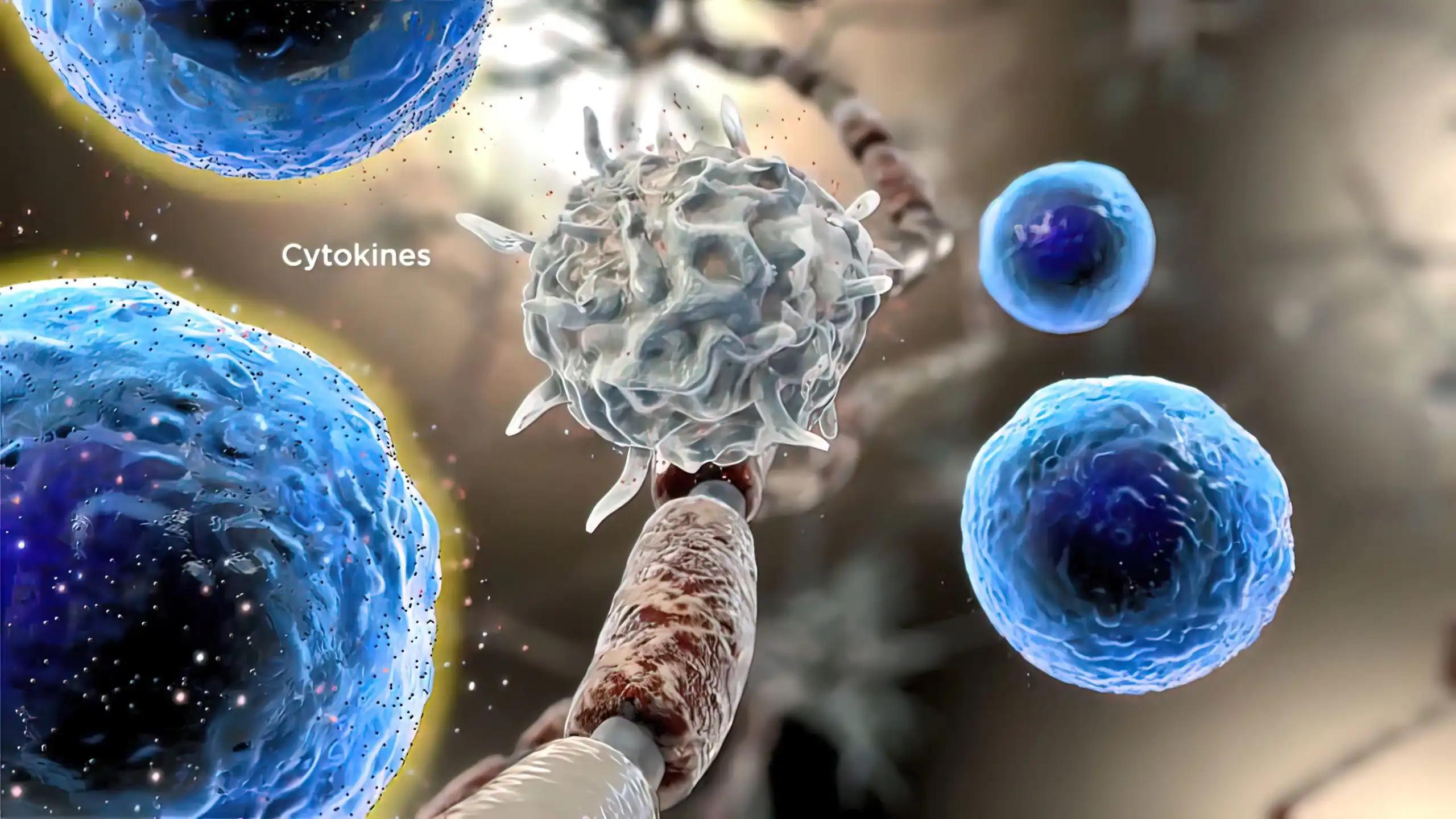KEY TAKEAWAYS
- A phase II open-label clinical trial, BRCA1/2, NCT02401347, assessed the efficacy of Talazoparib in advanced HER2-negative breast cancer and other solid tumors.
- The primary aim was to evaluate the efficacy of Talazoparib in patients with germline mutations in homologous recombination pathway genes, excluding BRCA1/2.
- The outcome showed a partial response in 4 breast cancer patients, resulting in a 31% overall response rate, and stable disease in 3 patients, resulting in a 54% clinical benefit rate.
- Germline mutations in the PALB2 gene exhibited tumor regression associated with Talazoparib treatment.
- The presence of HR deficiency scores and a mutational signature associated with gPALB2 was correlated with the response of the tumor to Talazoparib treatment.
The PARP inhibitor known as Talazoparib has demonstrated efficacy in advanced breast cancer cases with germline BRCA1 and BRCA2 (gBRCA1/2) mutations. However, its effectiveness in cases beyond gBRCA1/2 remains to be determined. The Talazoparib Beyond BRCA (NCT02401347) was an open-label phase II clinical study that was carried out to assess the efficacy of talazoparib in patients with advanced HER2-negative breast cancer (n = 13) or other solid tumors (n = 7) who had previously undergone treatment and had mutations in homologous recombination (HR) pathway genes, excluding BRCA1 and BRCA2. Among individuals diagnosed with breast cancer, 4 patients exhibited a partial response according to the Response Evaluation Criteria in Solid Tumors (RECIST) guidelines, resulting in an overall response rate of 31%.
Additionally, 3 more patients demonstrated stable disease for at least 6 months, resulting in a clinical benefit rate of 54%. The patients with germline mutations in PALB2 (known as gPALB2), which encodes the partner and localizer of BRCA2, exhibited tumor regression associated with their treatment. The correlation between treatment outcomes and tumor or plasma circulating tumor DNA (ctDNA) HR deficiency (HRD) scores was observed, and an increase in all gPALB2 tumors was noted. Furthermore, the presence of a mutational signature associated with gPALB2 was correlated with the response of the tumor. The efficacy of talazoparib has been demonstrated in patients with advanced breast cancer who possess germline mutations in the PALB2 gene. This medication has shown activity in the presence of HR pathway gene mutations other than germline BRCA1/2 mutations.
Source:https://pubmed.ncbi.nlm.nih.gov/36253484/
Clinical Trail: https://clinicaltrials.gov/ct2/show/NCT02401347
Gruber JJ, Afghahi A, Timms K, DeWees A, Gross W, Aushev VN, Wu HT, Balcioglu M, Sethi H, Scott D, Foran J, McMillan A, Ford JM, Telli ML. A phase II study of talazoparib monotherapy in patients with wild-type BRCA1 and BRCA2 with a mutation in other homologous recombination genes. Nat Cancer. 2022 Oct;3(10):1181-1191. doi: 10.1038/s43018-022-00439-1. Epub 2022 Oct 17. PMID: 36253484; PMCID: PMC9586861.



